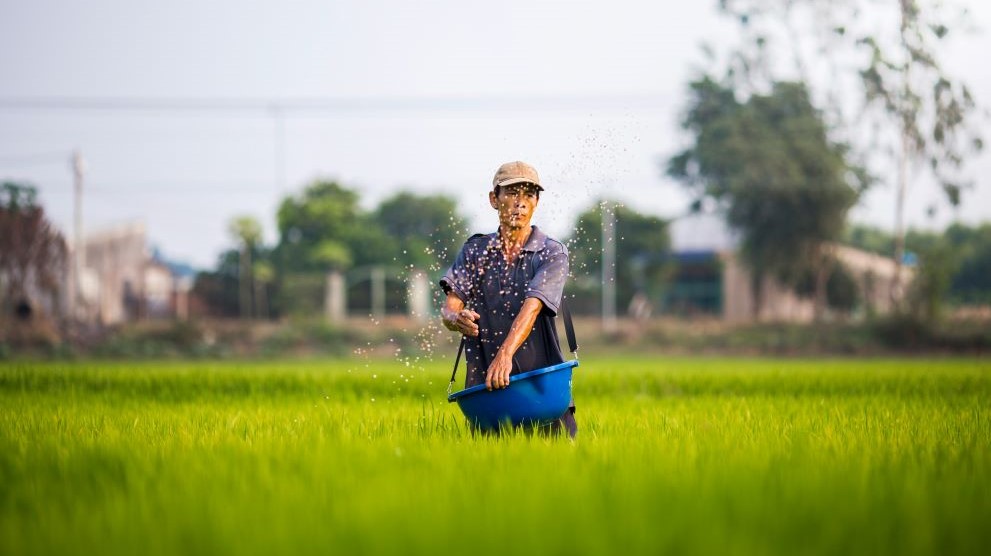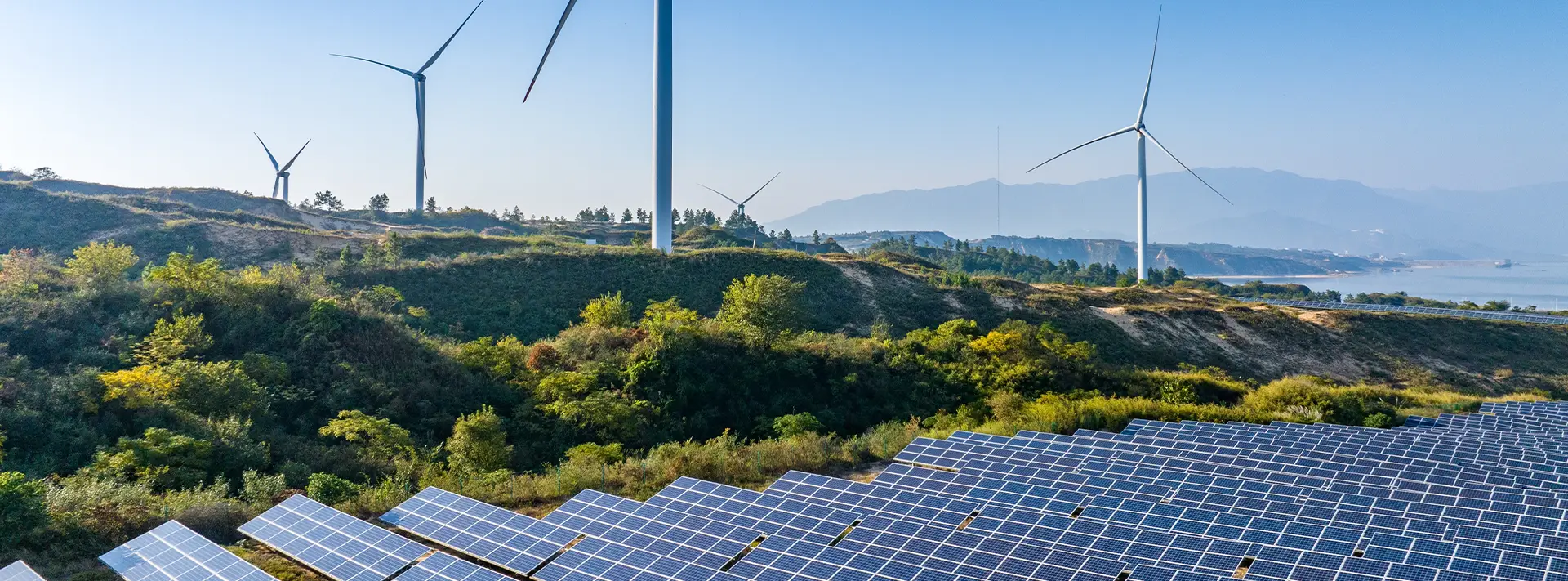Agriculture in Cambodia is not just a traditional activity; it's a cornerstone of the nation's economy and a vital link to global markets. In recent years, a significant transformation toward sustainable agriculture has begun to reshape this sector, aligning with global environmental and economic trends. This shift is crucial for maintaining the delicate balance of Cambodia's ecosystems and enhancing the competitiveness of its agricultural exports.
As the world becomes more eco-conscious, Cambodia's adoption of sustainable practices offers a promising pathway to secure both economic growth and ecological sustainability. This movement towards greener agriculture is not just about environmental benefits — it's a strategic response to evolving market demands. Let's delve deeper into how these sustainable practices reshape Cambodia's agricultural landscape and its implications for the export sector.
Pioneering sustainable practices in Cambodian agriculture
Amid Cambodia’s lush landscapes, farmers are adopting innovative farming methods that promise a sustainable future. Organic farming, the reduction in the use of harmful chemicals, and improved water conservation techniques are leading the charge. These practices ensure that the land remains fertile and productive as the products appeal to a global market that values sustainability.
With the demand for products cultivated through sustainable practices surging worldwide, consumers and businesses are seeking out goods produced responsibly. By adopting these eco-friendly methods, Cambodian farmers are not just preserving their heritage and environment but also carving out a niche in the competitive landscape of global agricultural exports.
Global market trends and Cambodia's agricultural exports
The international demand for sustainably produced agricultural goods is reshaping export dynamics, with significant implications for Cambodia. As more consumers and corporations worldwide commit to sustainable purchasing, Cambodian exports such as rice, spices, and fruits stand to gain a premium position in these markets.
Statistics reveal a steady increase in the export of sustainable goods , highlighting the pivotal role that green agriculture now plays in Cambodia’s export economy. This shift is not incidental but a clear indicator of the global movement towards environmental responsibility.
Overcoming challenges in sustainable agricultural exports
While the shift towards sustainability is promising, it presents unique challenges. Securing certifications, gaining access to new markets, and maintaining the integrity of agricultural products during transport are significant hurdles. These challenges require practical solutions that extend beyond traditional farming and exporting methods.
Here, the role of efficient, sustainable logistics becomes critical. Innovations in supply chain management can help Cambodian exporters overcome these hurdles, ensuring that products reach international markets in optimal conditions without compromising their sustainable credentials.






























